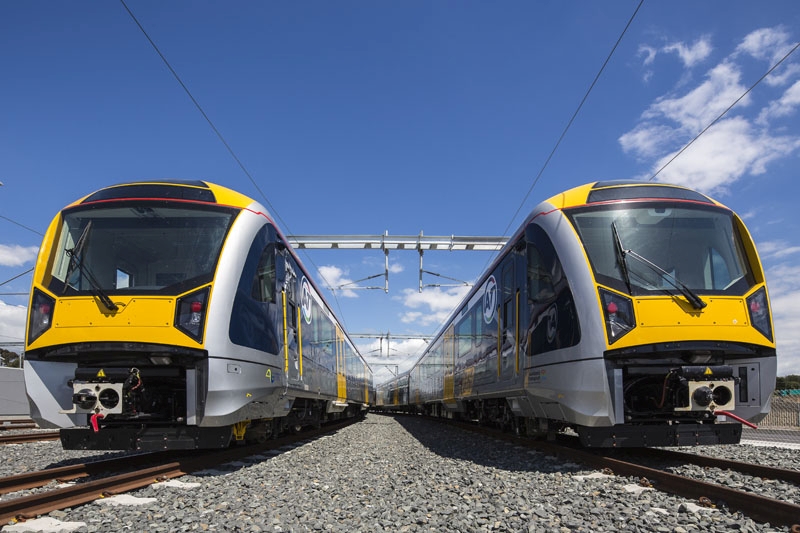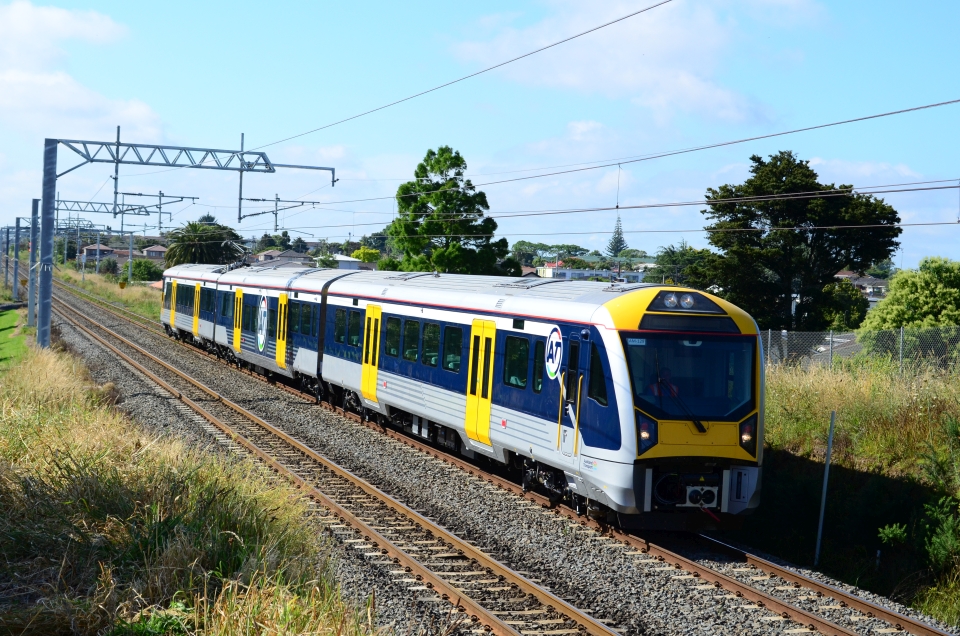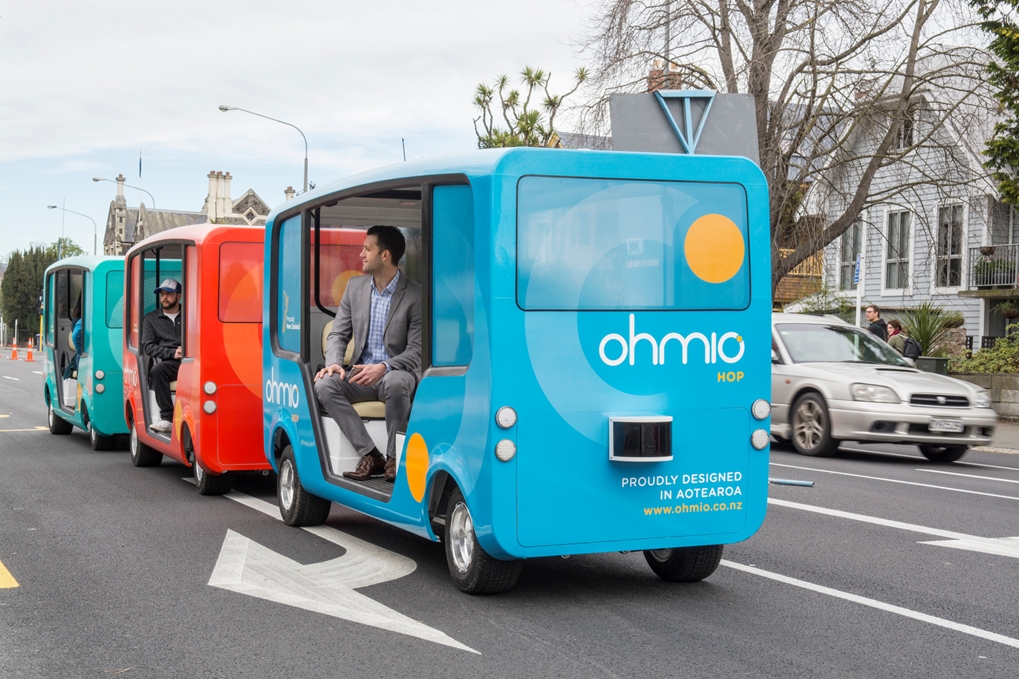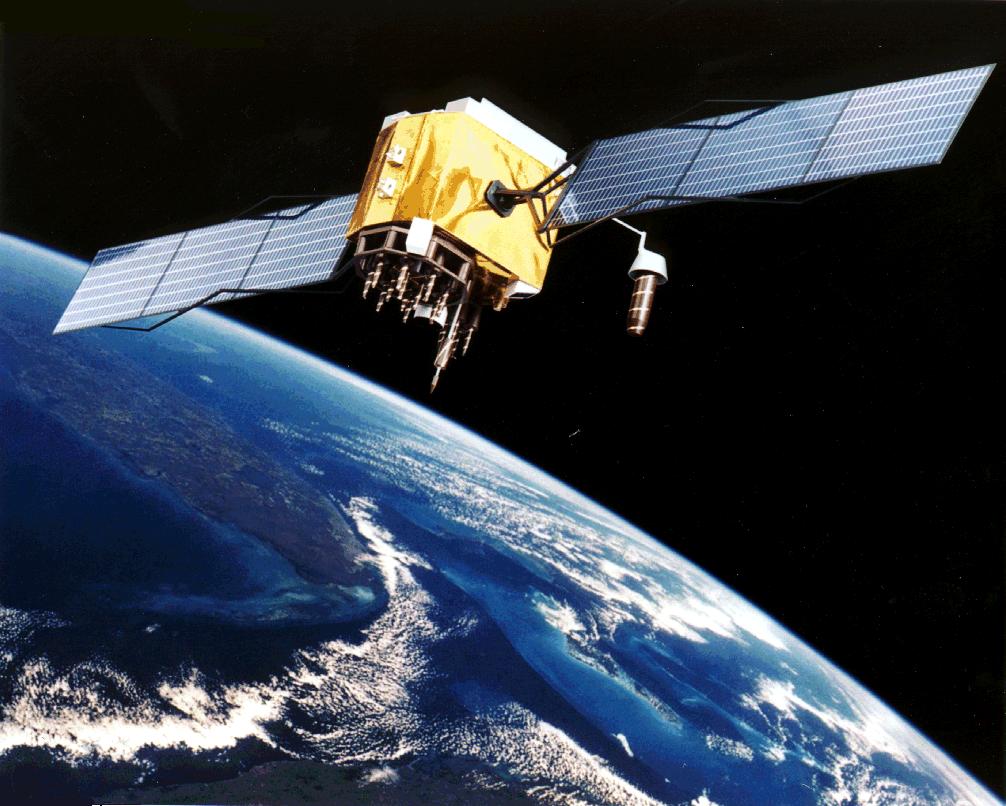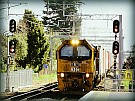As the number of people living in New Zealand increases traffic on our roads will also increase. To reduce road traffic more people will need to use public transport both on the road and by rail.
Self-driving trains
Automatic train operation (ATO) is a safety device. ATO can be used at different levels of automation up to level 4, where a computer controls the train. This system is now used in many places across the world. A train driver stays onboard to react to any failures or emergencies.
Self-driving vehicles
Self-driving vehicles drive themselves. They sense what is around them and use technology to find their way. They use sensors and software to control, navigate, and drive the vehicle. Self-driving vehicles use tools such as:
Carbon emissions
Transport is mainly powered by the burning of fossil fuels such as petrol and diesel. This produces green house gases such as carbon dioxide. Increases in carbon dioxide contribute to climate change.
The benefits of rail
Rail transport can help lower the number of vehicles on the road. This can:
- reduce road congestion
- reduce road accidents
- reduce greenhouse gas emissions
- improve safety on our roads
- lower spending on road maintenance and upgrades.
According to an NZTA report:
- Without rail there would be an extra 100,000 daily car trips on our roads each year.
- Rail also means trucks are on the roads for 11 million fewer hours each year.
- Using rail cuts New Zealand’s carbon emissions by 488,000 tonnes a year. This is the same as taking 87,000 cars off the road, saving millions of dollars.
- Rail freight has 66% fewer carbon emissions than heavy road freight.
- Moving more freight by rail can help New Zealand reach its climate change targets.
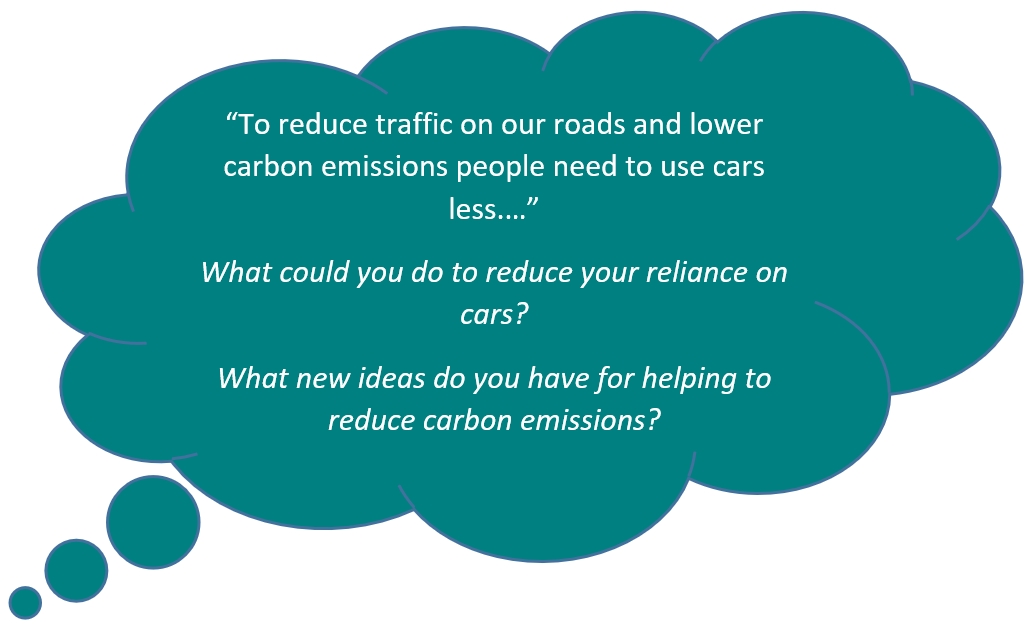 What can you do?
What can you do?
To help reduce air pollution and traffic on our roads you can:
- Sometimes walk or ride a bike instead of using the car.
- Car pool - travel with others.
- Use public transport - catch the train or bus.
Ready for a quiz? Try the 'Future of Transport' activity.

